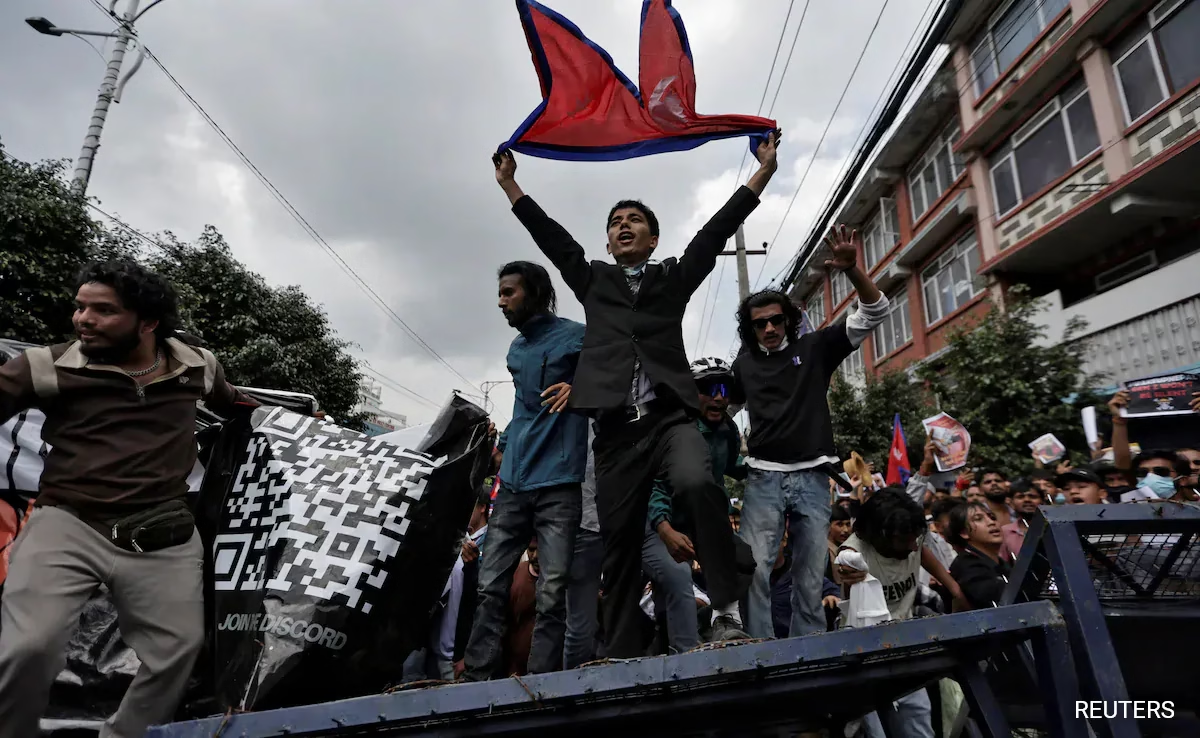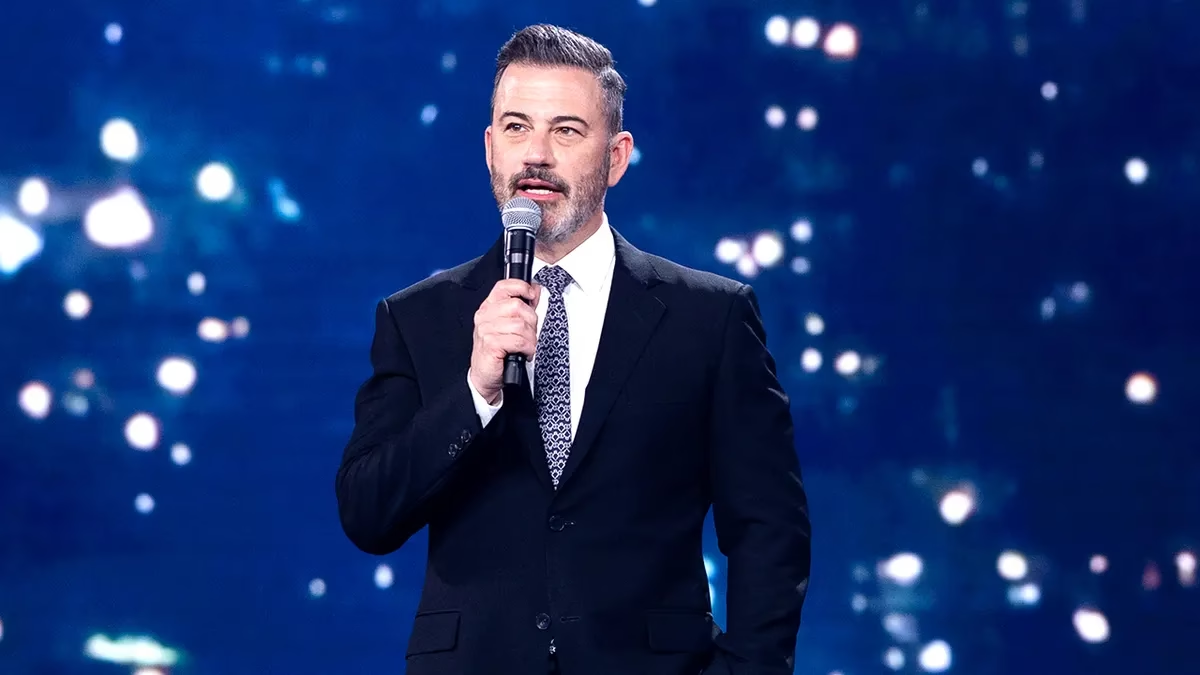
In a decisive and dramatic turn of events, Nepal lifts social media ban following widespread protests that left 19 people dead and hundreds injured. The government of Nepal announced the immediate restoration of access to major social media platforms, ending the controversial restriction imposed amid escalating demonstrations that shook the nation’s political and social foundations.
What Sparked the Protests in Nepal?
The protests began several weeks ago as citizens across Nepal took to the streets, voicing their outrage against rising political instability, perceived government corruption, and restrictions on civil liberties. Initially peaceful, the demonstrations rapidly intensified when security forces clashed violently with protesters demanding democratic reforms and greater transparency.
The growing public unrest forced the government to impose a nationwide social media ban, blocking popular platforms like Facebook, Twitter, Instagram, and TikTok. Officials claimed the move was necessary to “prevent the spread of misinformation and maintain public order.”
However, critics slammed the decision, calling it a blatant attempt to silence dissent. “This is a direct attack on freedom of expression,” said human rights activist Anjali Gurung. “Shutting down social media only fuels further mistrust between the government and its people.”
The Tragic Toll of the Unrest
Tragically, the protests turned deadly. Official reports confirmed that 19 individuals, including both protesters and security personnel, lost their lives during violent clashes. Eyewitnesses described terrifying scenes as tear gas and rubber bullets were used to disperse crowds.
Priya Shrestha, a local journalist reporting from Kathmandu, shared:
“I witnessed a large group of young people peacefully marching for change. But the situation spiraled quickly into violence as the authorities responded with force. It was heartbreaking.”
Hundreds more sustained injuries, and thousands of citizens were arrested, sparking outrage from local and international observers alike. The UN and Amnesty International called for an independent investigation into the deaths, urging the Nepalese government to prioritize accountability and human rights.
Why Nepal Lifted the Social Media Ban
After 14 days of digital isolation, the Nepalese government reversed its stance. Spokesperson Ramesh Dhakal explained the decision:
“We have carefully assessed the situation and concluded that lifting the social media ban is in the best interest of public trust and transparency.”
Many experts believe that the ban was ineffective. Tech-savvy Nepalese citizens found workarounds using VPNs to bypass restrictions, while independent media struggled to report developments.
“This ban only highlighted how outdated authoritarian tactics are in the digital age,” said digital rights activist Prakash Thapa. “It was a futile attempt to control the narrative when information flows freely across borders.”
The Impact of the Ban and Its Removal
The social media blackout had far-reaching consequences on daily life in Nepal. Millions of citizens rely on social platforms for communication, business, and access to global news. The restriction not only cut off personal connections but also crippled small businesses and digital entrepreneurs, leading to significant financial losses.
As the ban lifted, social media usage surged instantly. People returned to reconnect with friends, share personal experiences of the protests, and organize future peaceful activism. Hashtags like #NepalProtests and #FreedomOfExpression quickly trended, with thousands posting first-hand accounts of the unrest.
Local business owner Suman Adhikari said,
“My small online store was completely paralyzed during the ban. Now that social media is back, I can reconnect with customers and restart my livelihood.”
Global Reactions and Calls for Justice
The international community expressed strong reactions to the situation. The U.S. Department of State condemned the government’s use of force and restrictions, urging Nepal to uphold democratic rights. UN Human Rights Commissioner Michelle Bachelet called for thorough investigations into the killings and urged Nepal to respect freedom of expression.
“We welcome the lifting of the social media ban,” Bachelet remarked, “but true progress requires full accountability for those responsible for the violence and deaths.”
Human rights organizations, including Amnesty International, continue to pressure the Nepalese government for transparency and justice, emphasizing that digital restrictions must not be used to suppress legitimate dissent.
What’s Next for Nepal?
Despite lifting the social media ban, political tensions remain high. Opposition parties are demanding resignations of key government officials and independent investigations into the security forces’ actions. Civil society organizations have begun organizing campaigns to ensure that the recent events do not repeat.
Analysts warn that lifting the ban is only the first step toward healing the nation’s deep divisions. Political experts stress that structural reforms, open dialogue, and addressing the root causes of unrest are necessary for long-term stability.
Dr. Sunil Rajbhandari, a political science professor, noted,
“The social media ban was a symptom of a deeper governance crisis. True change requires systemic reforms and respect for democratic freedoms.”



